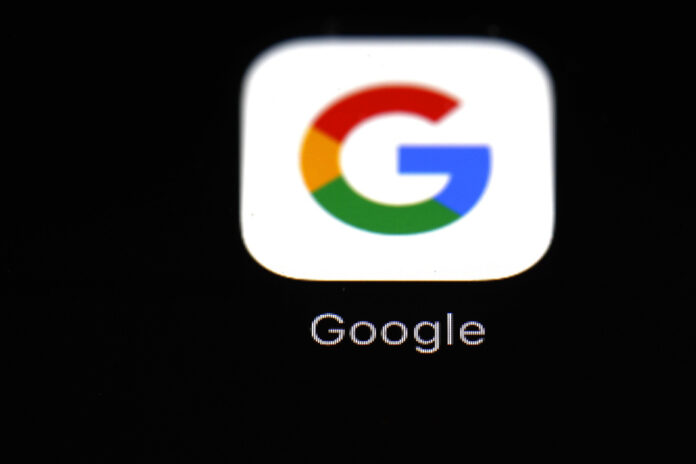(Paris) Google began on Thursday to limit third-party cookies for some users of its Chrome browser, in order to begin a transition towards abandoning these trackers criticized for their intrusive nature, a decision announced since 2020.
“As previously announced, Chrome limits third-party cookies to 1% of its users by default to facilitate testing, before increasing the capacity to 100% of users starting in Q3 2024,” the American giant said in a statement. blog post.
Google specified that the complete abandonment of third-party cookies could only be effective after consulting the British Competition and Markets Authority (CMA) on “possible competition issues”.
Cookies, these computer files used in particular to trace the navigation of Internet users and offer them targeted advertisements, have seen their use more regulated since the implementation of several standards, in particular the General Data Protection Regulation (GDPR) implemented. placed by the European Union in 2016, as well as Californian regulations.
The term “third-party cookies” is used to refer to cookies that originate from the sites visited and not from the browser itself.
Google announced in January 2020 that it was moving towards abandoning these third-party cookies within two years. The implementation of this reform had been postponed several times, before taking effect at the beginning of January.
Google has been working for several years on an alternative system to cookies, linked to the browser and not to the sites visited. Instead of targeting individual internet users, advertisers target audience segments (“FLoCs”) comprising hundreds or thousands of people.

